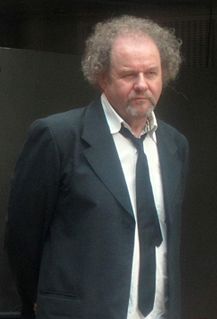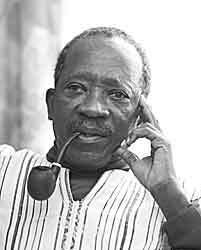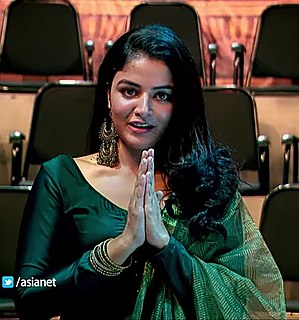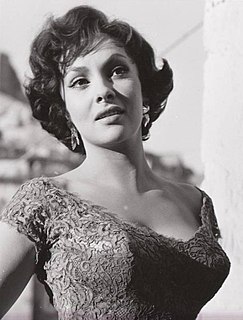A Quote by Mike Figgis
I'm a huge fan of world cinema, because each country uses cinema in a very individual way.
Related Quotes
I think what I loved in cinema - and what I mean by cinema is not just films, but proper, classical cinema - are the extraordinary moments that can occur on screen. At the same time, I do feel that cinema and theater feed each other. I feel like you can do close-up on stage and you can do something very bold and highly characterized - and, dare I say, theatrical - on camera. I think the cameras and the viewpoints shift depending on the intensity and integrity of your intention and focus on that.
I think cinema is needed throughout Africa, because we are lagging behind in the knowledge of our own history. I think we need to create a culture that is our own. I think that images are very fascinating and very important to that end. But right now, cinema is only in the hands of film-makers because most of our leaders are afraid of cinema.




































